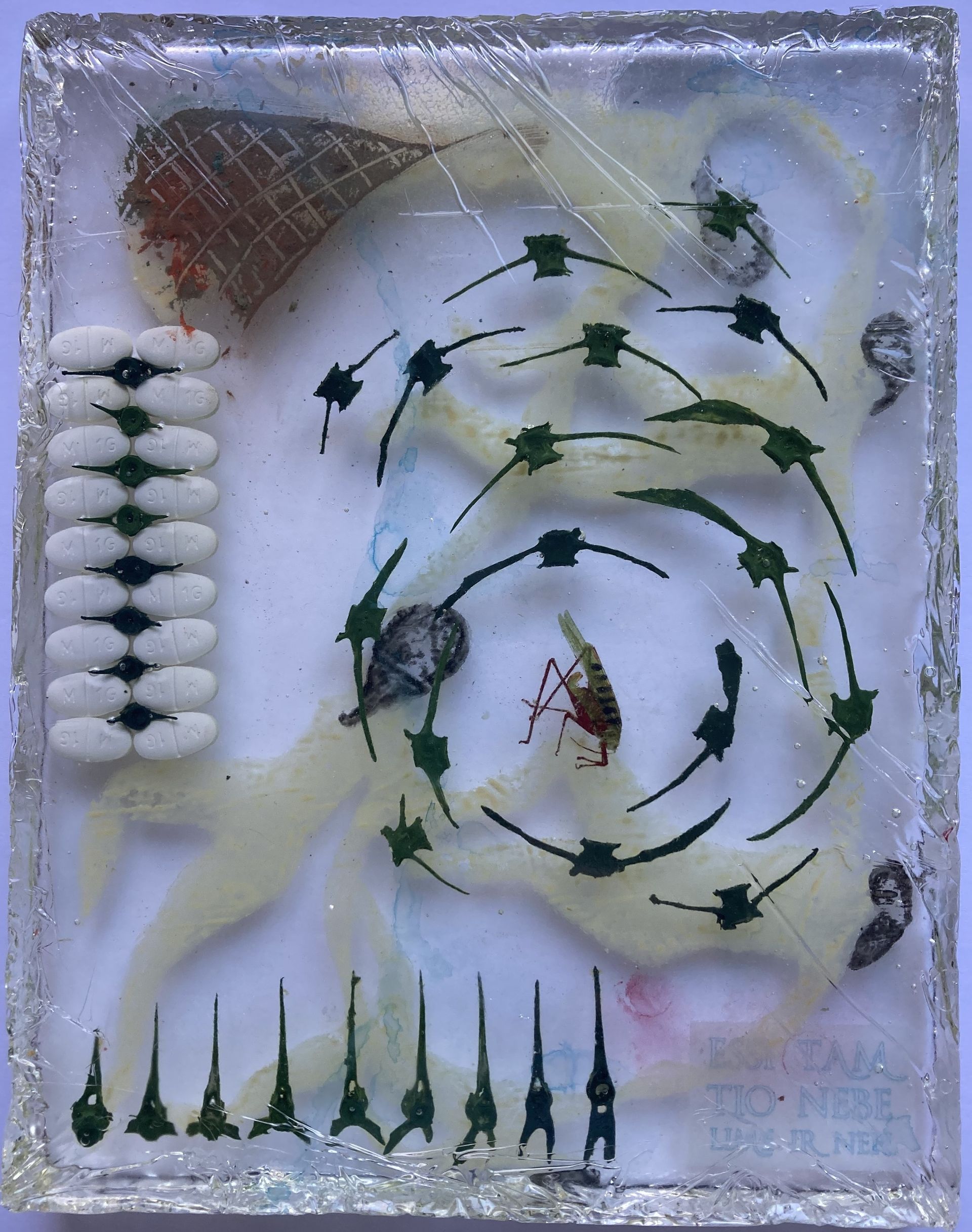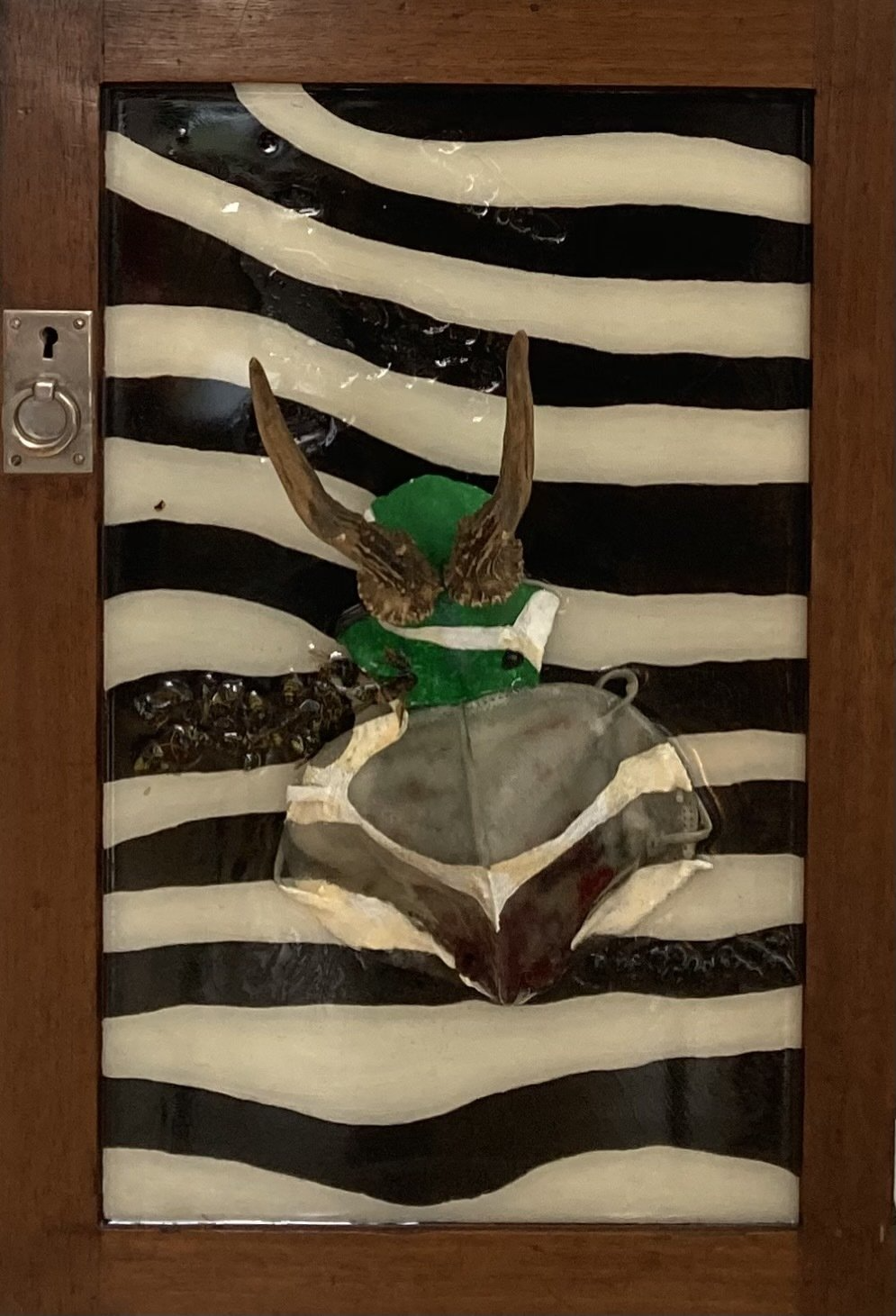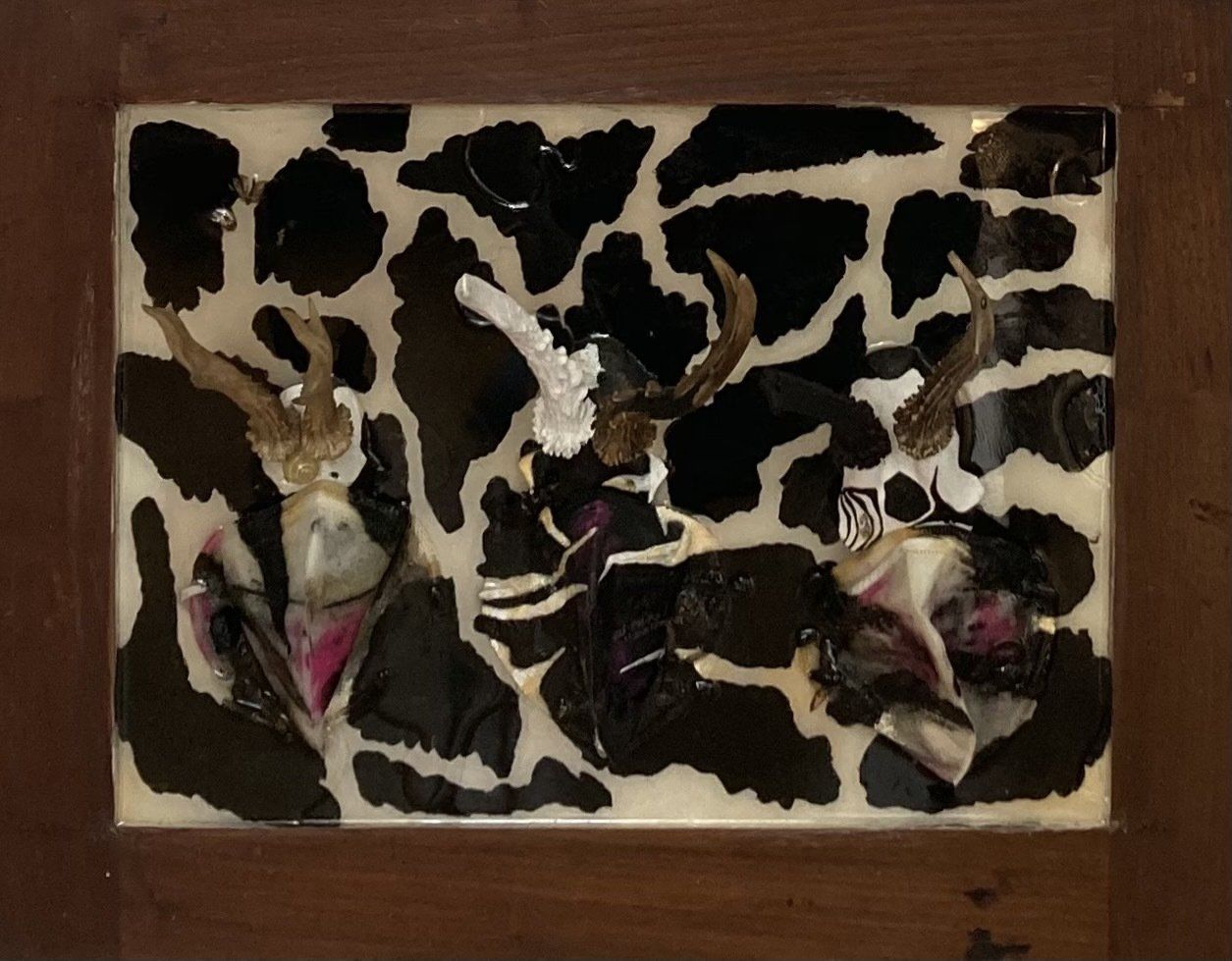Hybernethic Explorations
A.
Hibernation is a state of minimal activity and metabolic depression undergone by some animal species. Hibernation is a seasonal heterothermy characterized by low body-temperature, slow breathing and heart-rate, and low metabolic rate. It most commonly occurs during winter months. Hibernation functions to conserve energy when sufficient food is not available. To achieve
this energy saving, an endothermic animal decreases its metabolic rate and thereby its body temperature.
From Latin
hibernare: "to winter, pass the winter, occupy winter quarters".
B.
Cybernetics is a field of systems science that studies circular causal systems whose outputs are also inputs, as feedback systems. It is concerned with the principles of circular causal processes, including in ecological, technological, biological, cognitive and social systems and also in the context of practical activities such as designing, learning, and managing. Steering a ship by a "helmsperson" (κυβερνήτης / kybernḗtēs) is an example of circular causal feedback: the helmsperson adjusts their steering in continual response to the effect observed, forming a feedback loop through which a steady course can be maintained in a changing environment.
From Ancient Greek κυβερνητικός / kybernētikos: "(good at) steering (a ship)".
C. Ethics or moral philosophy is a branch of philosophy that "involves systematizing, defending, and recommending concepts of right and wrong behavior". The field of ethics, along with aesthetics, concerns matters of value; these fields comprise the branch of philosophy called axiology. Ethics seeks to resolve questions of human morality by defining concepts such as good and evil, right and wrong, virtue and vice, justice and crime. As a field of intellectual inquiry, moral philosophy is related to the fields of moral psychology, descriptive ethics, and value theory.
From Ancient Greek word
ἠθικός / ēthikós: "relating to one's character", root word ἦθος / êthos: "character, moral nature".
(definitions based on Wikipedia entries)
B. Cybernetics is a field of systems science that studies circular causal systems whose outputs are also inputs, as feedback systems. It is concerned with the principles of circular causal processes, including in ecological, technological, biological, cognitive and social systems and also in the context of practical activities such as designing, learning, and managing. Steering a ship by a "helmsperson" (κυβερνήτης / kybernḗtēs) is an example of circular causal feedback: the helmsperson adjusts their steering in continual response to the effect observed, forming a feedback loop through which a steady course can be maintained in a changing environment.
C. Ethics or moral philosophy is a branch of philosophy that "involves systematizing, defending, and recommending concepts of right and wrong behavior". The field of ethics, along with aesthetics, concerns matters of value; these fields comprise the branch of philosophy called axiology. Ethics seeks to resolve questions of human morality by defining concepts such as good and evil, right and wrong, virtue and vice, justice and crime. As a field of intellectual inquiry, moral philosophy is related to the fields of moral psychology, descriptive ethics, and value theory.











